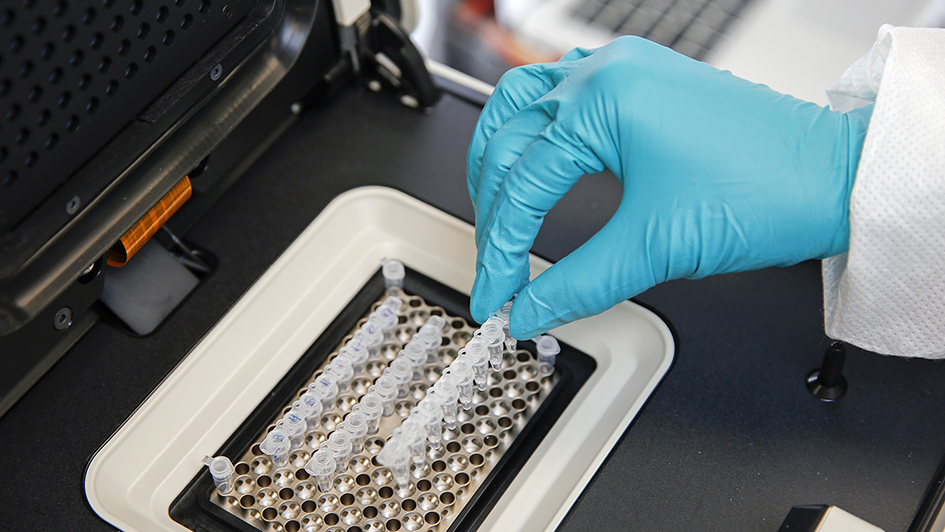



After almost three years of work carried out in collaboration with the PUCP Genomics Laboratory, mainly in the Loreto region, researchers from the UC Davis School of Veterinary Medicine and funders from the US National Institutes of Health(NIH), accompanied by professionals from our University and other collaborators, made a working visit to the research areas to monitor progress of studies on the onset and spread of zoonotic and arboviral infectious diseases in Peru.
It is worth mentioning that, in 2020, the PUCP Genomics Laboratory, in alliance with the UC Davis School of Veterinary Medicine, secured funding of approximately US$1.2million to conduct research.
The financing was granted by the National Institute of Allergy and Infectious Diseases (NIAID), a part of the US National Institutes of Health (NIH).

Close collaboration with international institutions makes it possible to coordinate efforts within each project and to share information in a broad sense. In this way, we seek to work as part of an articulated network that can respond in a rapid and smooth manner when epidemiological outbreaks occur.”
Mariana Leguía, Ph.D.
Director of the Genomics Laboratory of PUCP
“We are in the third year of implementing this important funding, which allowed us to monitor several groups of viruses with pandemic potential that normally circulate in wild animals living in the jungle,” says Doctor Mariana Leguía,director of the Genomics Laboratory of PUCP.
Doctor Leguía said that, so far, more than four thousand samples were processed from wild animals; such as monkeys, bats and peccaries, and from people living in the communities nearby the collection areas on the outskirts of Iquitos.
“We also sampled insects as mosquitoes, because they are vectors of disease transmission for many of these viruses; such as dengue, which is spread through the bite of the infected mosquito,” she said.
This project allows, among other things, the epidemiological surveillance of viruses circulating in wildlife, to monitor possible epidemiological outbreaks with pandemic potential in humans.
Doctor Leguía says “close collaboration with international institutions makes it possible to coordinate efforts within each project and to share information in a broad sense. In this way, we seek to work as part of an articulated network that can respond in a rapid and smooth manner when epidemiological outbreaks occur.”
This project is also executed in collaboration and coordination with entities of the Peruvian State; such as, the National Institute of Health (INS, by its Spanish acronym) and the National Forestry and Wildlife Authority (Ser for, by its Spanish acronym). In this regard, the participation of these institutions is essential.
This is the first time that interest groups, which include researchers from PUCP, INS,Ser for, UC Davis and funding bodies, have met in Peru to discuss the progress of the project, its implications and future vision.
In the context of the research, Doctor Leguía also reflected on what Peru's needs are.“We are a mega-diverse country and as such we are in a key position where an epidemiological outbreak with pandemic potential may occur. Being in the tropics, zoonotic viruses that normally circulate within wild animals can cause infections in humans who are in contact with these animals. If those initial infections are transmitted to other people, we have the onset of an epidemic, and if those epidemics grow and cross borders, then we'd be facing a pandemic, as happened with COVID-19.
Therefore,she said that it is very important that researchers and scientists exist in our country whose routine is devoted to the study of infectious diseases and how pandemics arise, since it allows us to respond quickly when there are new outbreaks.
Finally,she said that the contributions made by the PUCP Genomics Laboratory are given from the health approach, which consists in that, if we want to have a healthy population, it is a priority to also have healthy animals and forests.
© 2020. Pontificia Universidad Católica del Perú – All rights reserved.